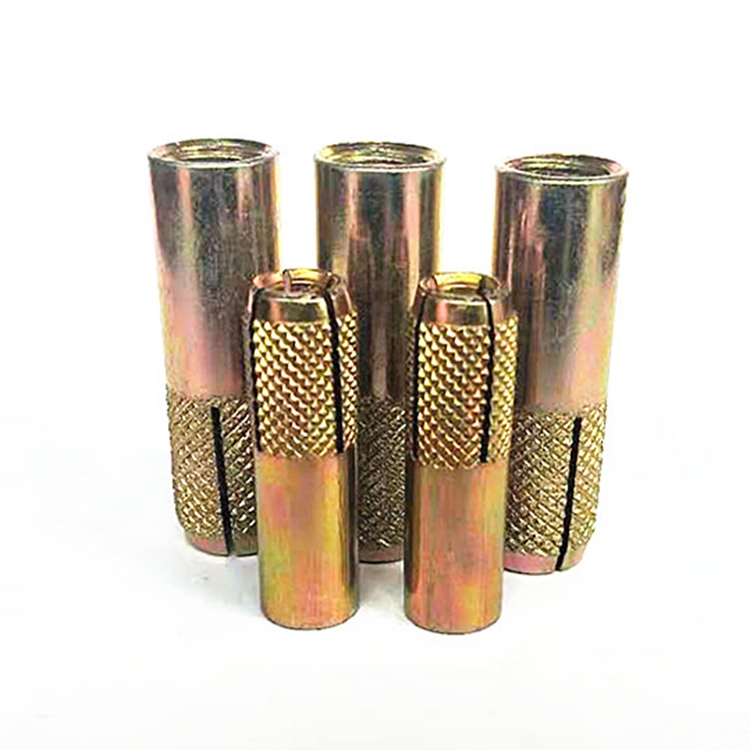Top Companies Manufacturing 2% Stud Bolts for Industrial Applications and Solutions
11월 . 19, 2024 03:03 Back to list
Top Companies Manufacturing 2% Stud Bolts for Industrial Applications and Solutions
Understanding 2% Stud Bolt Companies A Comprehensive Overview
In the realm of construction and industrial applications, fasteners play a pivotal role in ensuring the structural integrity and reliability of assemblies. Among these fasteners, stud bolts are particularly crucial. Essentially, a stud bolt is a long rod with threads on both ends, designed for use in high-stress environments. They are extensively used in various industries, including oil and gas, construction, and manufacturing. In this article, we delve into the world of stud bolt companies and focus specifically on those that take a unique approach by maintaining a 2% profit margin.
What Are Stud Bolts?
Stud bolts are versatile fasteners that provide excellent tensile strength and connection stability. They typically consist of two threaded ends and can be used with nuts to secure heavy components. The design and materials used in stud bolts can vary widely, with options like stainless steel, carbon steel, and special alloys tailored for specific environments (e.g., high corrosion or heat resistance). They are available in various grades and sizes, which makes them suitable for different applications.
The Significance of a 2% Profit Margin
When discussing companies in the stud bolt industry, the notion of a 2% profit margin may seem trivial at first glance. However, such a profit margin reflects a company’s operational efficiency and commitment to offering competitive pricing. For stud bolt companies working with this slim margin, each decision, from procurement to production, must be meticulously calculated to ensure that quality is not compromised while still keeping prices attractive for customers.
Why would a stud bolt company choose to operate with such a low profit margin? Several reasons come into play
1. Market Competition The fastener market is highly competitive, with numerous players vying for the same contracts. By offering lower prices, companies can attract a larger customer base and increase volume sales, compensating for the reduced margin.
2. Focus on Volume Many 2% profit margin companies emphasize selling high volumes of products rather than making substantial profit per item. This approach can lead to increased market share and brand visibility, especially in specialized or emerging markets.
2 stud bolt companies

3. Customer Relationships A low-profit margin strategy can also foster long-term relationships with customers. Clients often return to companies they perceive as offering the best value for their money, leading to repeat business and stability.
Challenges Faced by Low-Margin Companies
While operating with a 2% profit margin may appear advantageous due to lower prices, it isn’t without challenges
- Profitability Pressure Such narrow margins leave little room for error when it comes to production costs. Any increase in material costs or labor expenses can wipe out profits, requiring firms to be agile and responsive to market changes.
- Quality Assurance Maintaining quality at a low price point can be challenging. Companies must invest in quality assurance processes to ensure that their products meet industry standards, which can strain limited financial resources.
- Cash Flow Management Companies with low-profit margins must manage their cash flow meticulously. High volumes can sometimes lead to cash flow issues if payments from clients are delayed, necessitating effective invoicing and accounts receivable practices.
The Future of 2% Stud Bolt Companies
As industries evolve, the demand for fasteners, including stud bolts, is likely to grow. This creates opportunities for companies operating with a narrow profit margin. By leveraging technological advancements, such as automation and improved manufacturing processes, these companies can enhance efficiency and reduce costs. Additionally, understanding customer needs and innovating their product offerings could provide pathways to success beyond mere cost competition.
In summary, 2% stud bolt companies play an essential role in the fastener market, balancing competitiveness with the need for quality. Their strategies may challenge conventional business models, but adapting to the dynamics of customer demand and operational efficiencies can pave the way for sustainable growth. As industries continue to advance, the significance of these fastener suppliers will only become more pronounced, highlighting the essential role they play in construction and manufacturing.
Latest news
-
Reliable Axle Nuts Supplier | Quality & Precision Fasteners
NewsAug.23,2025
-
Durable Bolts for Lawn Mower Handle - Top Supplier & Manufacturer
NewsAug.22,2025
-
High-Quality Bolts for Lawn Mower Handle Supplier & Manufacturer
NewsAug.21,2025
-
Reliable Axle Nuts Supplier | High-Quality Automotive Parts
NewsAug.19,2025
-
Premium Wire Bolts Suppliers | Durable & Reliable Fasteners
NewsAug.18,2025
-
Leading Metric Wood Screw Companies & Manufacturers
NewsAug.17,2025
